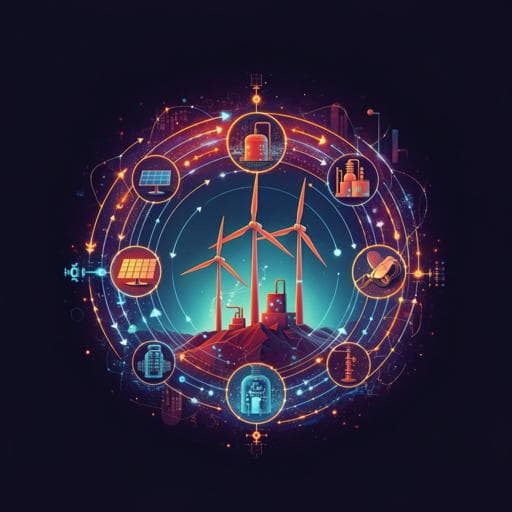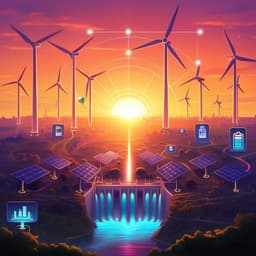
Environmental Studies and Forestry
The role of natural gas in reaching net-zero emissions in the electric sector
J. E. T. Bistline and D. T. Young
This study by John E. T. Bistline and David T. Young explores how natural gas and carbon removal can drive down the costs of decarbonizing the electric sector in the U.S. Discover how wind and solar energy are expected to dominate generation shares over natural gas in most scenarios!
Related Publications
Explore these studies to deepen your understanding of the subject.







